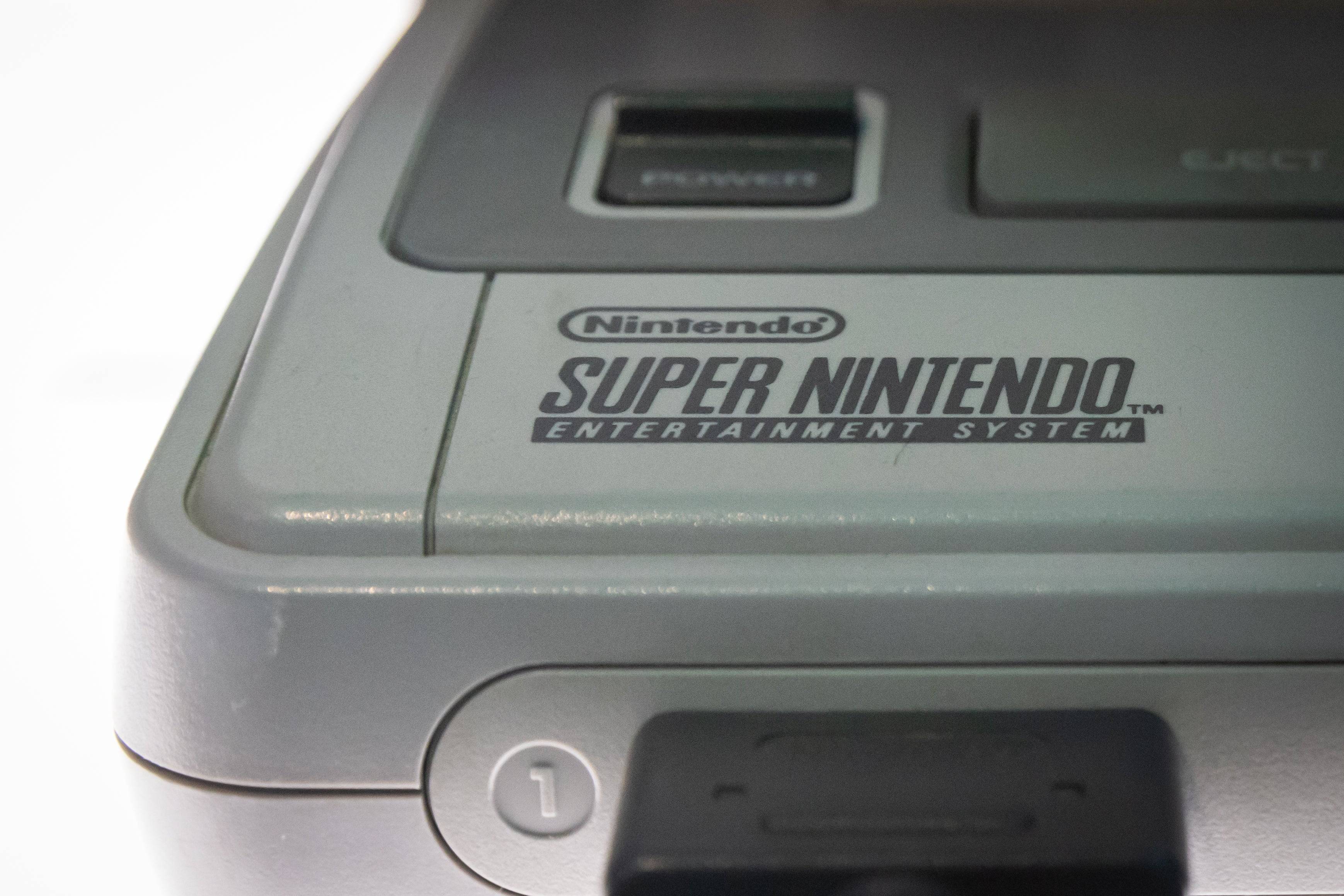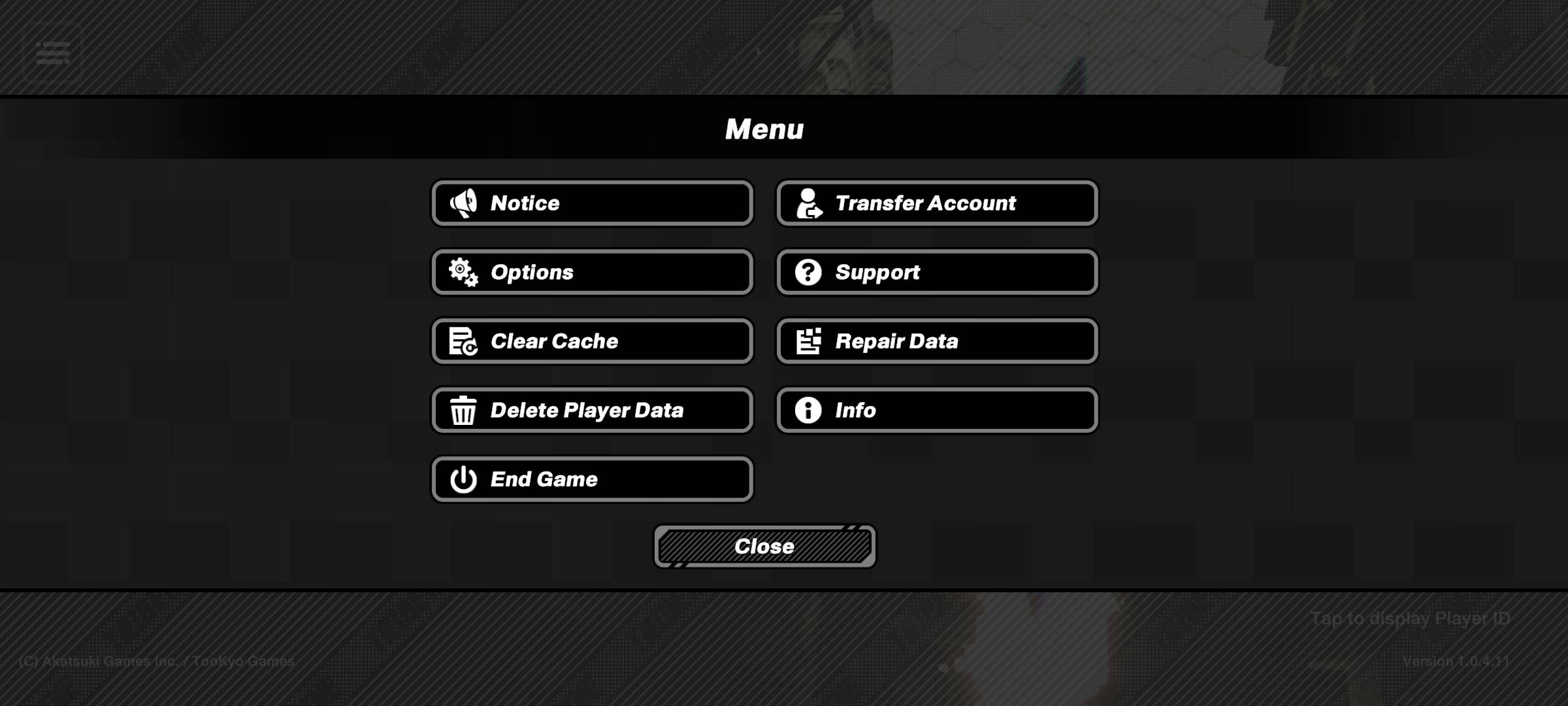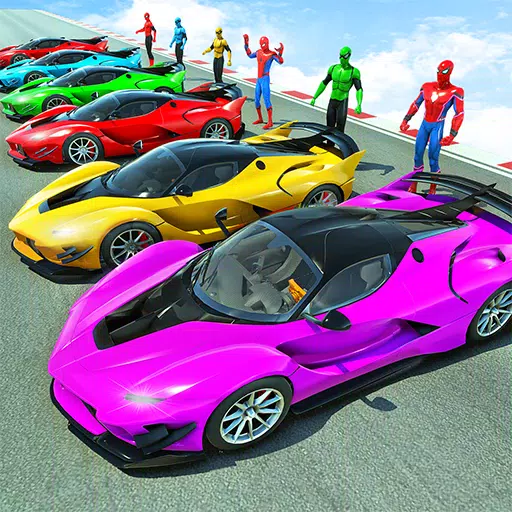The speedrunning community is buzzing with excitement over a peculiar phenomenon: the Super Nintendo Entertainment System (SNES) appears to be running games faster as it ages. In early February, Alan Cecil, known on Bluesky as @tas.bot, sparked interest by suggesting that the nearly 50 million SNES units sold worldwide might now perform better with classics like Super Mario World, Super Metroid, and Star Fox than when they were new in the 1990s.
It's a wild idea that a console could improve its performance over time, but Cecil's research points to a specific component: the SNES's audio processing unit (APU) SPC700. According to official Nintendo specs, the SPC700 has a digital signal processing (DSP) rate of 32,000Hz, controlled by a ceramic resonator running at 24.576MHz. However, retro console enthusiasts have noted that these specs aren't always accurate, with the DSP rate varying based on environmental factors like temperature. This variation affects how audio is processed and sent to the CPU, subtly influencing game speed.

Cecil's investigation took a fascinating turn when he asked SNES owners to record data from their consoles. Over 140 responses later, a clear trend emerged: recent measurements show an increase in DSP rates. Previously, the average DSP rate was around 32,040Hz in 2007, but Cecil's data now shows an average of 32,076Hz. While temperature does affect these rates, it's not enough to explain the overall increase. In a Bluesky post, Cecil shared that, "Based on 143 responses, the SNES DSP rate averages 32,076Hz, rising 8Hz from cold to warm. Warm DSP rates go from 31,965 to 32,182Hz, a 217Hz range. Therefore, temperature is less significant. Why? How does it affect games? We do not know. Yet."
Any%
While the findings are intriguing, Cecil acknowledges that more research is needed to understand the full extent and cause of this phenomenon. Data from the console's early years is scarce, but it's clear that the SNES is aging gracefully as it approaches its 35th anniversary.
The implications for the speedrunning community are significant. If the SPC700 is processing audio faster, it could theoretically reduce load times in games, potentially affecting decades of leaderboard rankings. However, the impact on game speed isn't straightforward. Even under the most extreme conditions, the difference might only be less than a second per speedrun. The community is still in the early stages of research, but the consensus is that players shouldn't worry too much about these changes.
As Cecil continues to explore what makes the SNES tick, the console is thriving in its 30s. For more on the SNES, check out the list of best-selling consoles of all time.























![City Devil: Restart [v0.2]](https://img.icssh.com/uploads/38/1719554737667e52b102f12.jpg)




